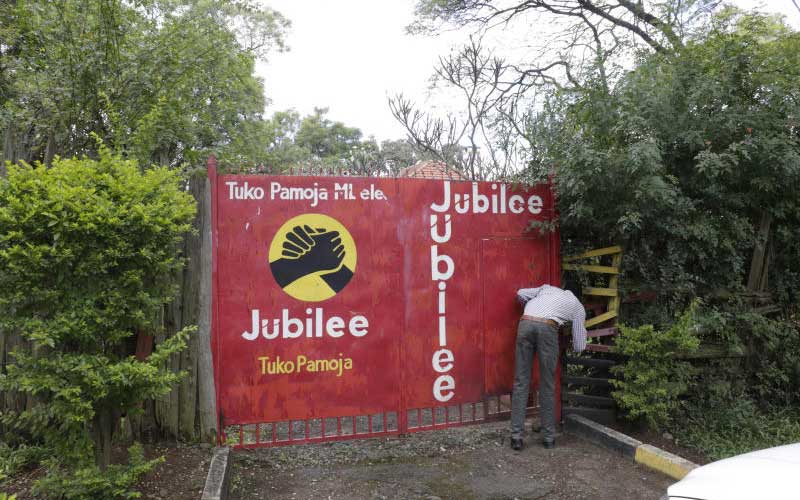×
The Standard e-Paper
Join Thousands Daily

The 2017 elections were decided even before the August 8 polling day, going by the amounts of money Jubilee Party and ODM spent.
An analysis of financial statements of the two parties show that ODM was outgunned by Jubilee’s financial might and the two were playing worlds apart.